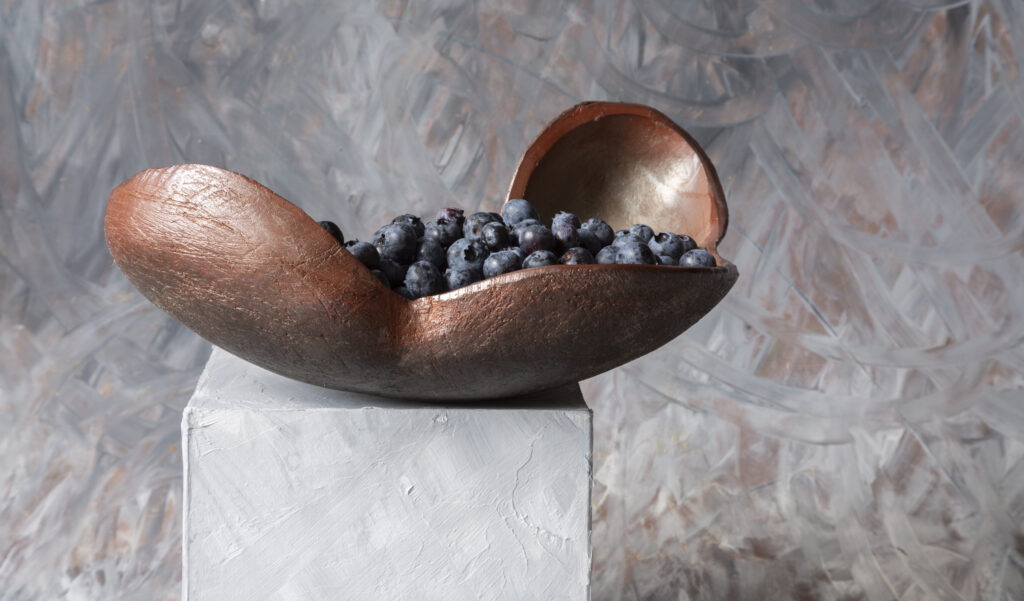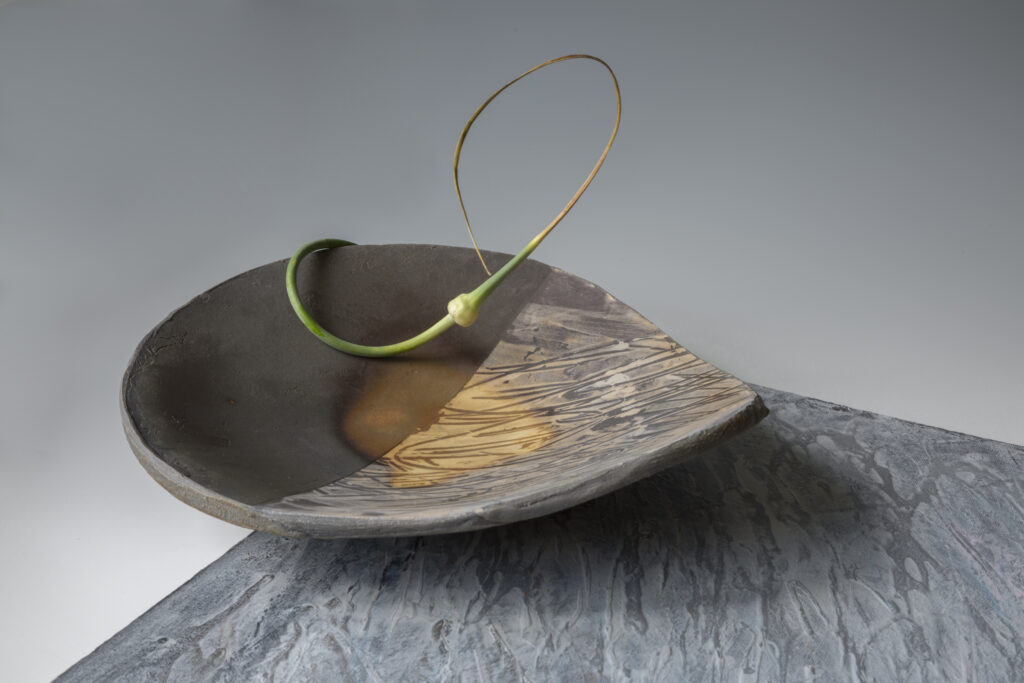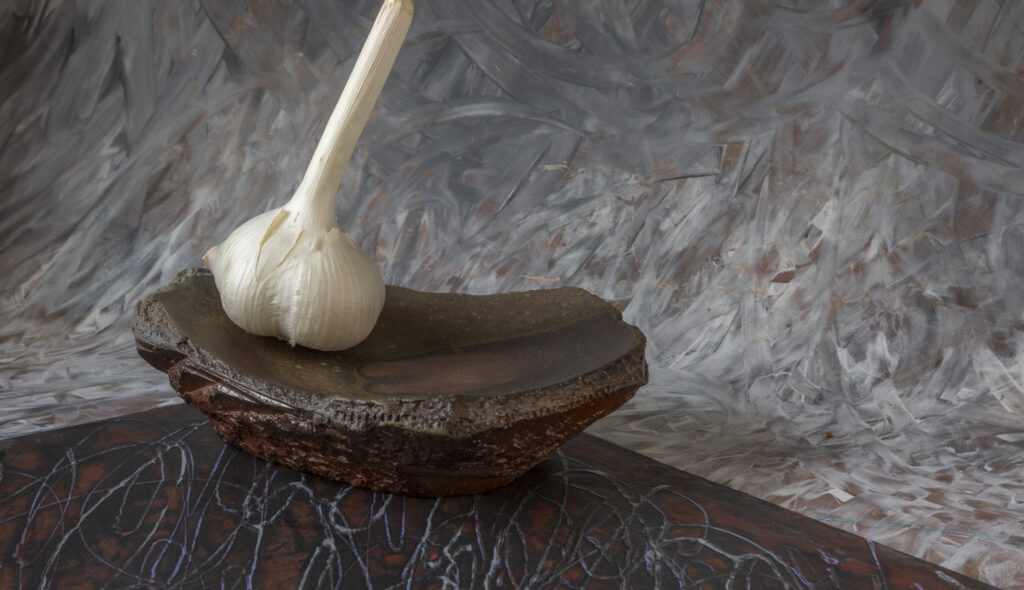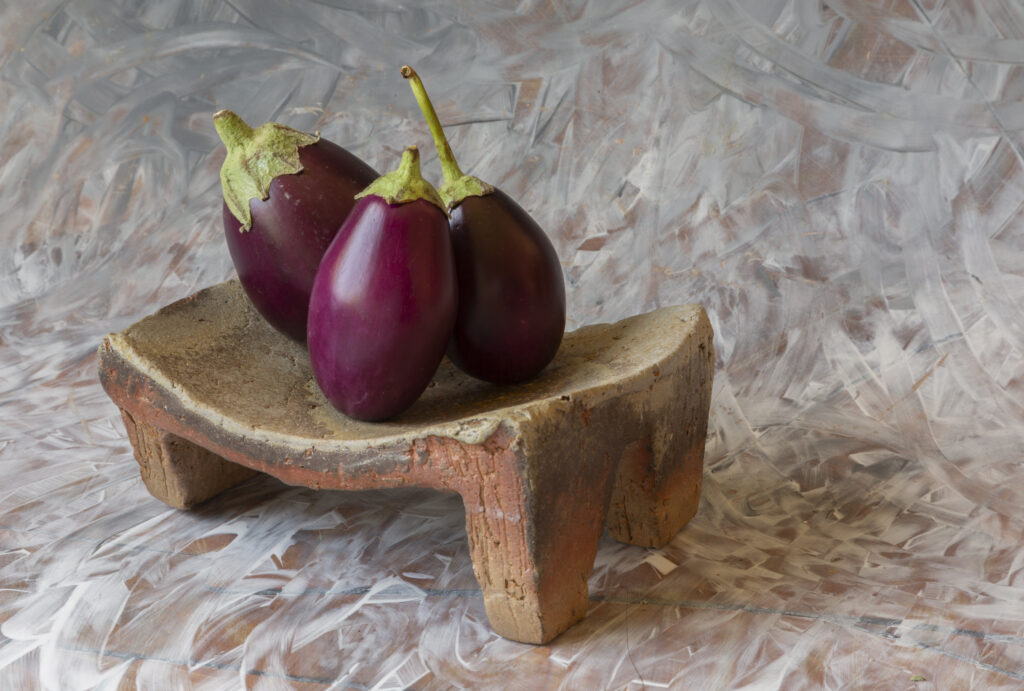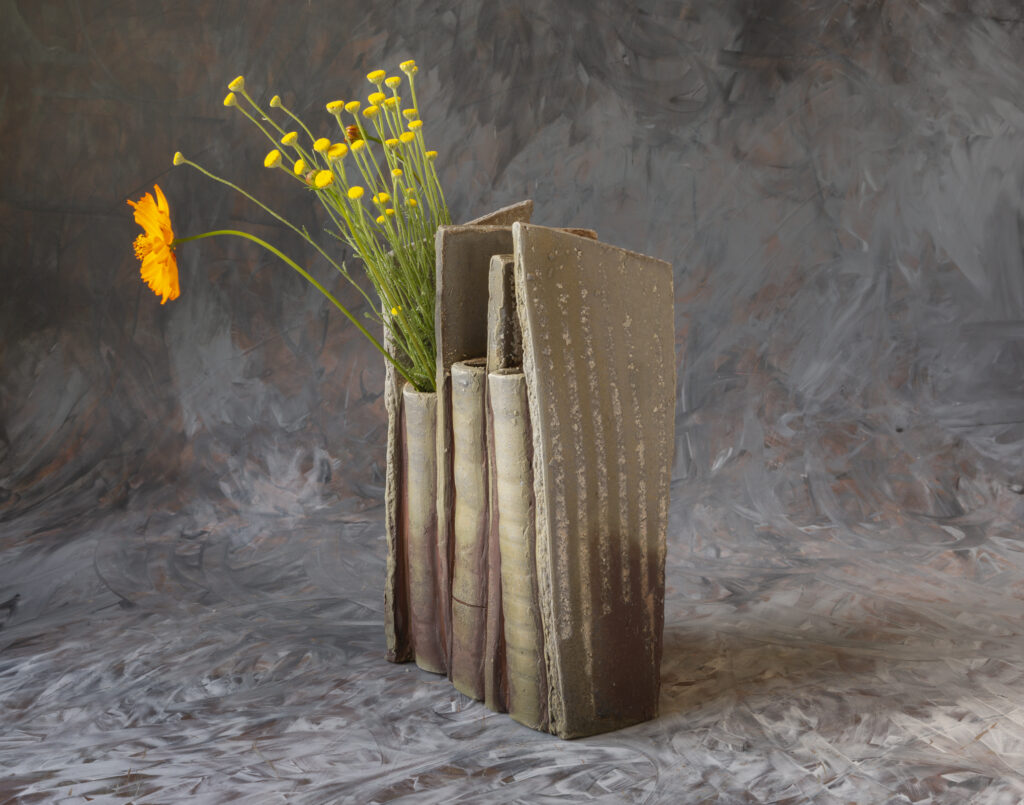Today marks the true beginning of summer for me and the end of this series. It’s the longest day of the year. This morning before the worst of the heat set in we filled a large blue plastic wading pool with cold water from the hose. Larkin, Zoë and I splashed and laughed and sat in the cold water. When Larkin had enough and snuggled with his mom I sat in the shade on the swing. He asked, “who’s that ?” and we listened and said, “oh, it’s the cicada.” Their song felt like another true sign of summer. Lingering, damp in the shade, studying the ornamental grass against the house and the clouds in the sky all reminded me of the parts that create the air of summer. Once Larkin napped, Zoë and I painted some fabric for a future quilt. I took the remaining paint and used it for today’s photographic backdrop. We both began to dream about other possible summer projects.
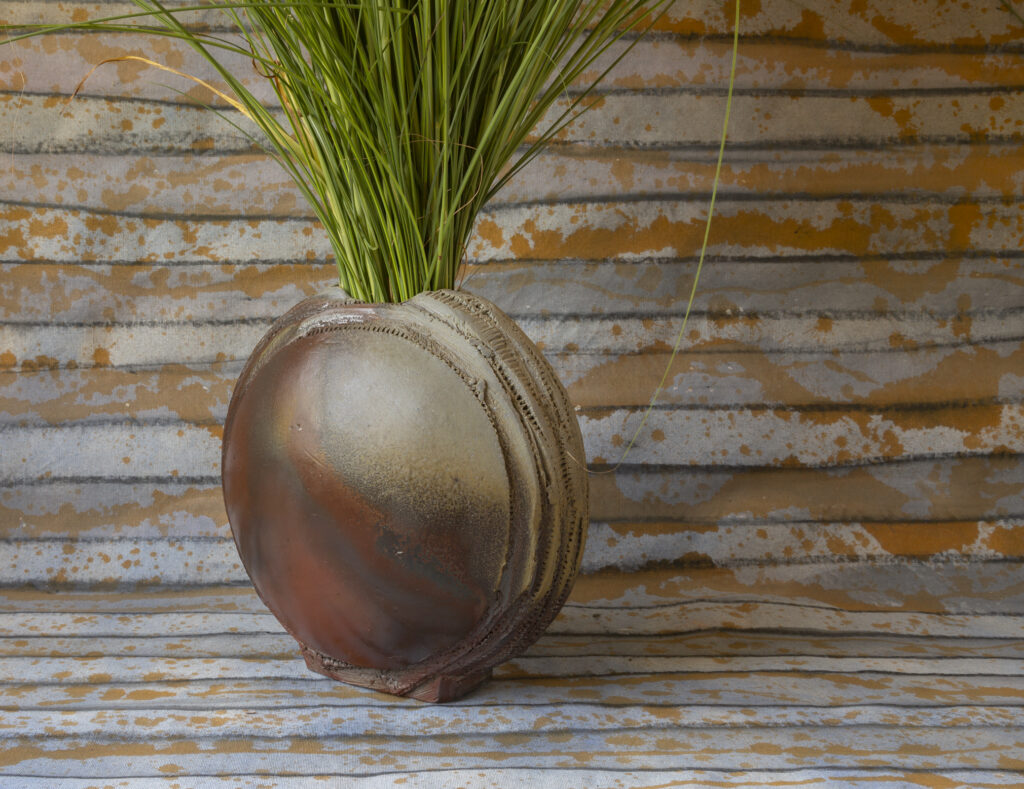
What’s the start of summer for you, the signal that it’s here? Is it the last day of school? The lilacs or day lilies? First sleep with the windows open? Smell of cut grass behind the gasoline of the lawnmower? The fat red tomato sliced thin and salted? A sunburn? Shins sweating? The first swim? The first hotdog off the grill? Throbbing light from the fireflies? Campfire smoke in your hair? Is it the first day of June? Is it the day when light’s longest? When your midday shadow’s shorter than any other day? When the sun sets and sets and sets?
–Nina MacLaughlin, The Start of Summer, The Paris Review, May 31, 2019
